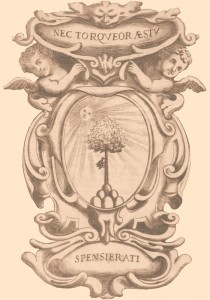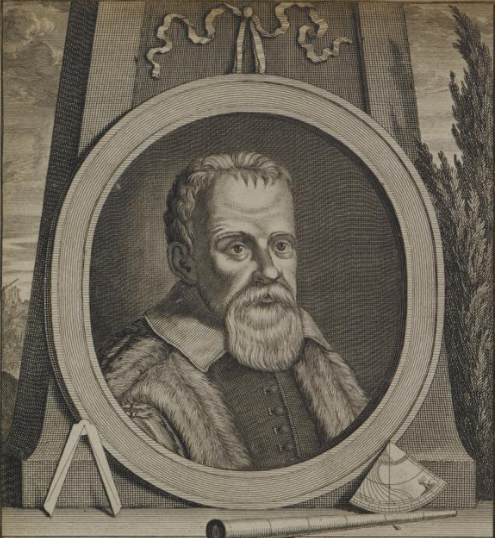 A little while ago I attended a staff talk at the British Library on a project to catalogue books published by the Italian Academies dating from 1525 to 1700.
A little while ago I attended a staff talk at the British Library on a project to catalogue books published by the Italian Academies dating from 1525 to 1700.
I have to admit this was a new topic for me, but as the speakers explained, the Learned Academies represent a vital aspect of early modern culture. They were the first intellectual networks of early modern Europe. Consisting of approximately 600 Academies in Italy in the period 1525-1700, they were responsible for promoting debate and discussion in a wide range of disciplines. These varied from language and literature, through the visual and performing arts to science, technology, medicine and astronomy.
In some ways these were the Silicon Valley’s or Silicon Roundabouts of their day.
Some were formally constituted, with published rules and lists of members; others were much looser groupings of like-minded individuals, often young men, with common interests. The Academies functioned as alternative institutions to the universities and the courts, and numbered among their members pioneering scientists, writers, artists, political thinkers, and representatives of both sexes and all social classes.
The Academies also had a more playful aspect, devising for the academy and for each member amusing names which were often represented visually in punning illustrations and devices. International in membership, and in correspondence with scholars across Europe, they were fundamental to the development of the intellectual networks later defined as the République des Lettres, and to the dissemination of ideas in early modern Europe. The range of interests and the very large number of Academies and their publications makes these institutions central to the study of early modern European culture.
This project involves a collaboration between three of the UK’s leading research institutions: Royal Holloway University of London; the University of Reading; the British Library. The project also has its own Facebook page with some images from the collection.
One of the major outcomes of the project is a comprehensive database of information on Academies from across the Italian peninsula, detailing their membership and publications. This is publicly accessible through the British Library on-line catalogue at: http://www.bl.uk/catalogues/ItalianAcademies/

